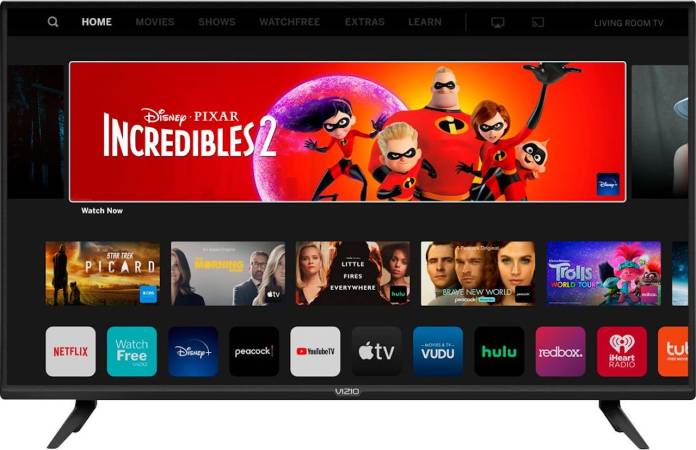
While Vizio has been known more for its TVs, soundbars, and other accessories, it also earns money from advertising, subscriptions, and selling viewer data. In fact, in the latest earnings report they released, they have earned more from the latter in the past three months in terms of profit, even though the device sales pull in more revenue. This seems to be a growing trend in the industry, with smart TV makers making profits in the advertising business even though their device sales might not be as lucrative anymore.
The Verge shares that Vizio’s Platform Plus segment gave Vizio a gross profit of more than $57.3 million while their devices gave them $25.6 million, even though the latter pulled in more revenue. Shipments of TVs fell to 1.4 million this year as compared to 2.1 million in 2020. But CEO William Wang is expecting better holiday sales as they have a “pretty healthy inventory” for their devices going into the lucrative gift-buying season.
Vizio became a publicly-traded company last year and so we are now able to have access to details like this about their business. They also differentiated their two business models with
Devices including TV, soundbars, and other, well, devices while Platform Plus includes ad placements on their TV home screens, deals with companies for buttons placed on their remote control, ads on their streaming channels, subscription cuts, and of course, viewer data that it sells through their InScape program.
The revenue they got from this part of their business shot up to 136% this year compared to last and they’re also enjoying an increase in the number of active SmartCast accounts, the OS for their smart TVs. The top contributor to the increase in profits is advertising from free streaming channels and next is sales of their customer data, which may be a cause for concern for users. But most likely they agreed to give data to Vizio by agreeing to terms so this is most likely legit.
Other smart TV and device makers like Roku have also been making their profit from the advertising business. It makes up for not so good sales numbers from devices, with all the components and logistical details companies have been facing.









